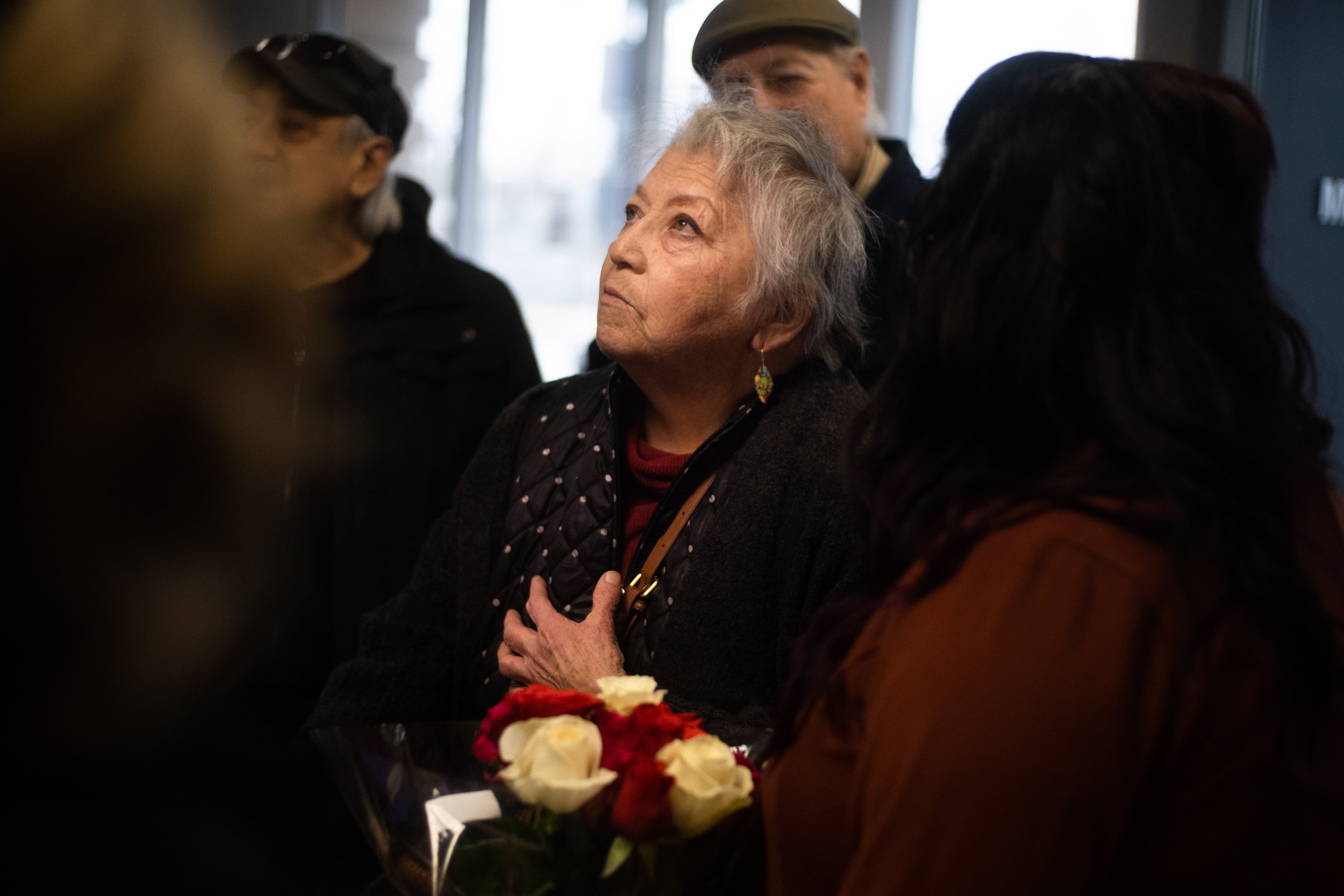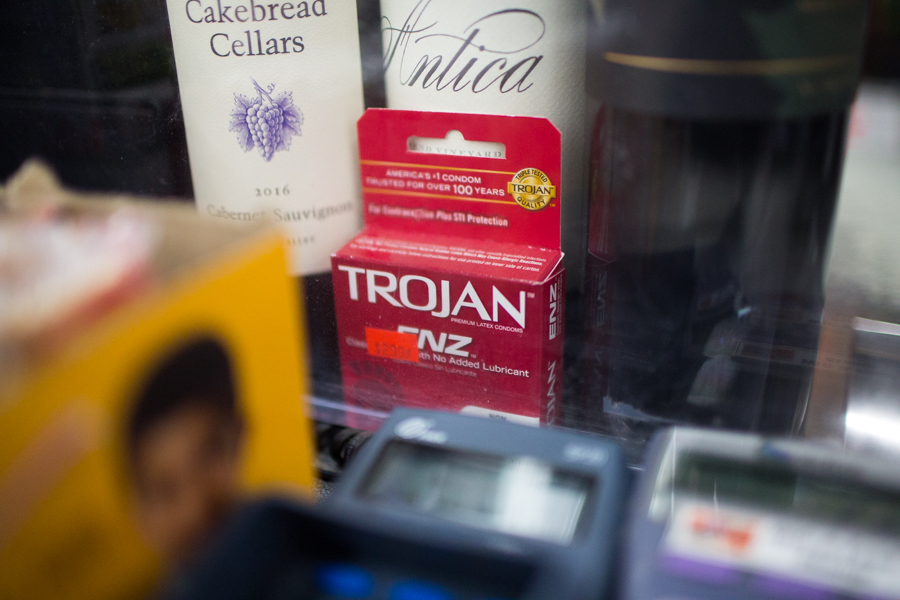This article is part of the Blessing of The Lowriders Profile Series featuring lowriders from the annual blessing. Keep an eye out for other articles in the series!
Checo was only eighteen when he left behind the familiarity of his hometown in Chicago for the promise of Detroit. His family had decided to start a business in Southwest Detroit. Checo embraced the move, working at the shop with the family. The business quickly became a cornerstone of their lives—a shared project that connected them and cemented values of responsibility and family trust.
Every morning on his way to work, Checo passed a local shop with lowriders parked out front—some slammed low to the ground, others perched on three wheels with one corner stretched skyward. Driving down Lawndale each day, he couldn’t ignore them. They were bold statements of pride, creativity, and individuality. He was hooked.
Not long after, he and his brother bought their first car, a four-door Caprice. Eventually outfitted with hydraulics and a candy-green paint job, the Caprice became their introduction to the lowrider lifestyle.
“...a shared project that connected them and cemented values of responsibility and family trust.”
But it was a 1963 Chevy Impala convertible that would truly capture Checo’s heart. He found the car in Ohio—a weathered beauty with its original details intact. Checo saw its potential and bought it. At first, he kept things simple, adding hydraulics and modest chrome touches to maintain a clean, classic look. Over time, though, the Impala transformed.
He has invested years into its evolution: a full frame-off restoration, intricate silver leafing, custom engraving, and refinished interior with ‘59 Impala inserts. Every detail reflected Checo’s craftsmanship, patience, and vision.
Of course, there were setbacks—like the time a botched paint job nearly pushed him to give up. “Man, I’m just gonna sell it like this,” he thought at one low point. But Fons, a fellow car club member from Majestics Detroit, stepped in, re-spraying the car himself to ensure it lived up to its potential.
Today, the ‘63 Impala is a testament to years of vision and effort. Through it, Checo’s story as a lowrider in Detroit comes to life: a tale of perseverance, artistry, and the bonds of community that turn challenges into triumphs.
Inside Southwest Detroit’s Blessing of The Lowriders is a vibrant celebration of faith, culture, and community, bringing together lowriders and neighbors in Southwest Detroit where Checo proudly support the annual event by showcasing his rolling works of art.



















